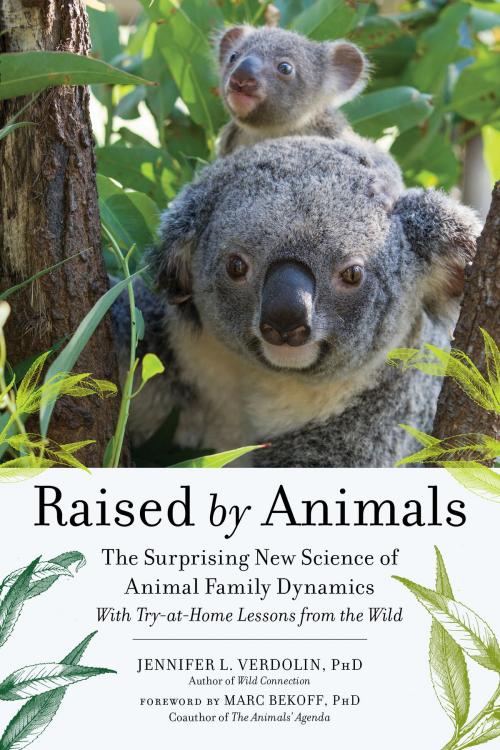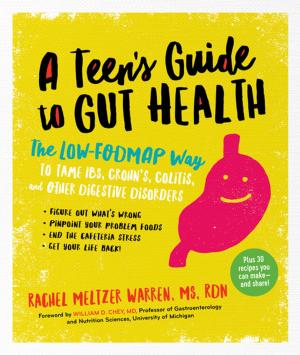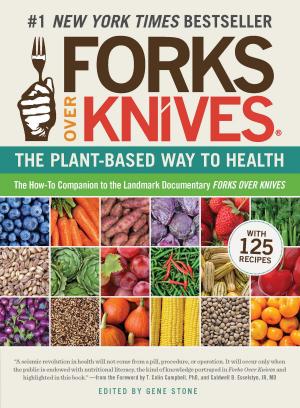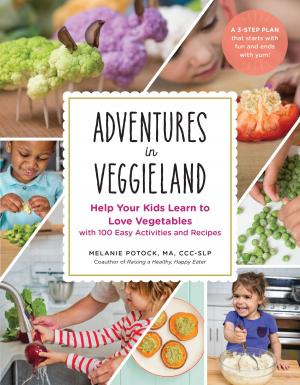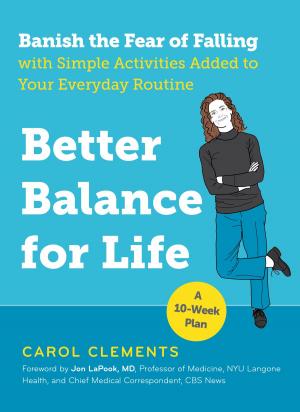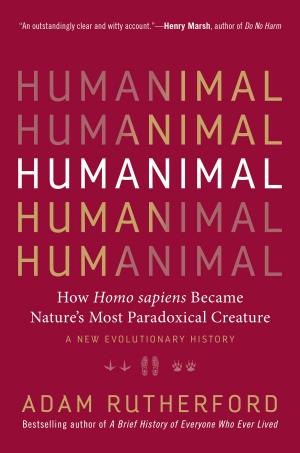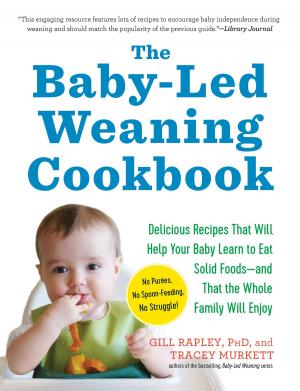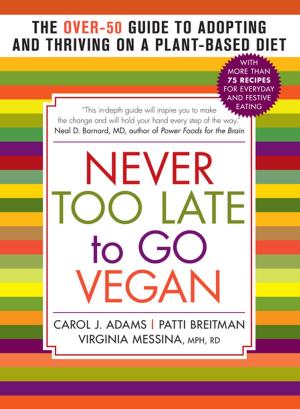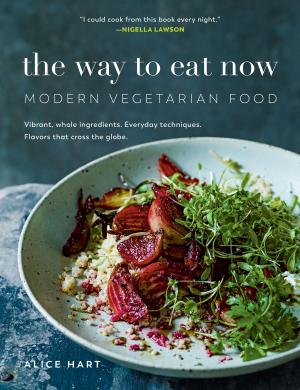Raised by Animals
The Surprising New Science of Animal Family Dynamics
Nonfiction, Science & Nature, Nature, Animals, Wildlife, Science, Biological Sciences, Evolution, Family & Relationships, Parenting| Author: | Jennifer L. Verdolin PhD | ISBN: | 9781615193455 |
| Publisher: | The Experiment | Publication: | May 2, 2017 |
| Imprint: | The Experiment | Language: | English |
| Author: | Jennifer L. Verdolin PhD |
| ISBN: | 9781615193455 |
| Publisher: | The Experiment |
| Publication: | May 2, 2017 |
| Imprint: | The Experiment |
| Language: | English |
When it comes to family matters, do humans know best? Leading animal behaviorist Dr. Jennifer Verdolin argues otherwise in this eye-opening book. Welcome to the wild world of raising a family in the animal kingdom . . . sometimes shocking, often ingenious!
Every species can surprise us: Chimps have a knack for minimizing temper tantrums, and owl chicks have a remarkable gift for sharing. A prairie vole knows exactly when his stressed-out partner needs a massage. And anyone who considers reptiles “cold-blooded” should consider the caecilian, a snakelike animal from Kenya: After laying eggs, the mother grows a fatty layer of skin, which her babies eat after hatching (not one of the book’s many lessons from the wild to be tried at home!).
Along the way Verdolin challenges our often counterproductive beliefs about what families ought to be like and how we should feel. By finding common ground with our furry, feathered, and even slimy cousins, we can gain new insight on what “natural” parenting really means—and perhaps do a better job of forgiving ourselves for those days when we’re “only human”!
When it comes to family matters, do humans know best? Leading animal behaviorist Dr. Jennifer Verdolin argues otherwise in this eye-opening book. Welcome to the wild world of raising a family in the animal kingdom . . . sometimes shocking, often ingenious!
Every species can surprise us: Chimps have a knack for minimizing temper tantrums, and owl chicks have a remarkable gift for sharing. A prairie vole knows exactly when his stressed-out partner needs a massage. And anyone who considers reptiles “cold-blooded” should consider the caecilian, a snakelike animal from Kenya: After laying eggs, the mother grows a fatty layer of skin, which her babies eat after hatching (not one of the book’s many lessons from the wild to be tried at home!).
Along the way Verdolin challenges our often counterproductive beliefs about what families ought to be like and how we should feel. By finding common ground with our furry, feathered, and even slimy cousins, we can gain new insight on what “natural” parenting really means—and perhaps do a better job of forgiving ourselves for those days when we’re “only human”!
